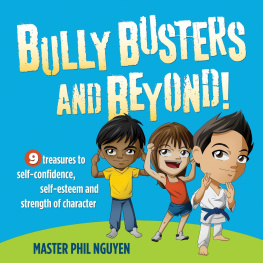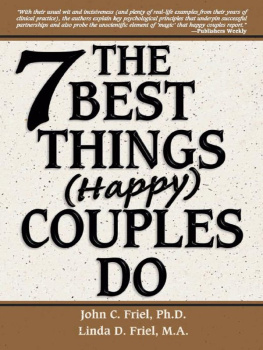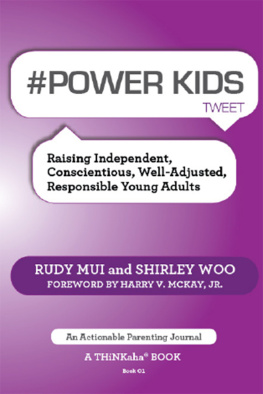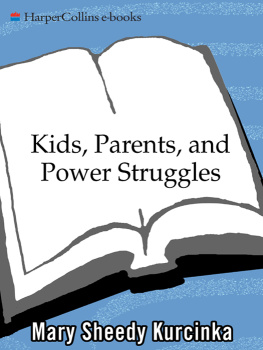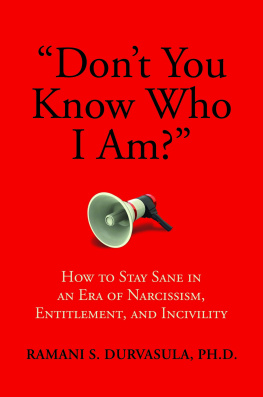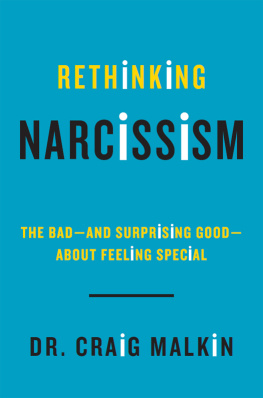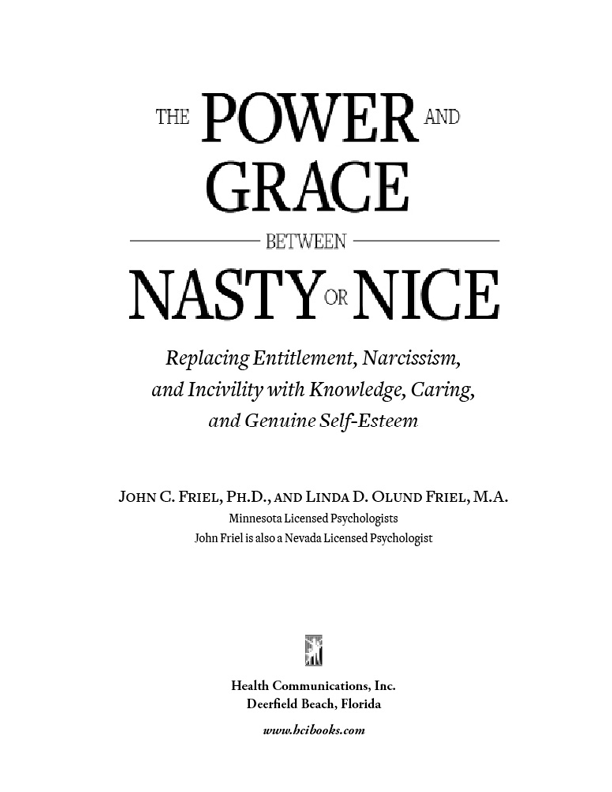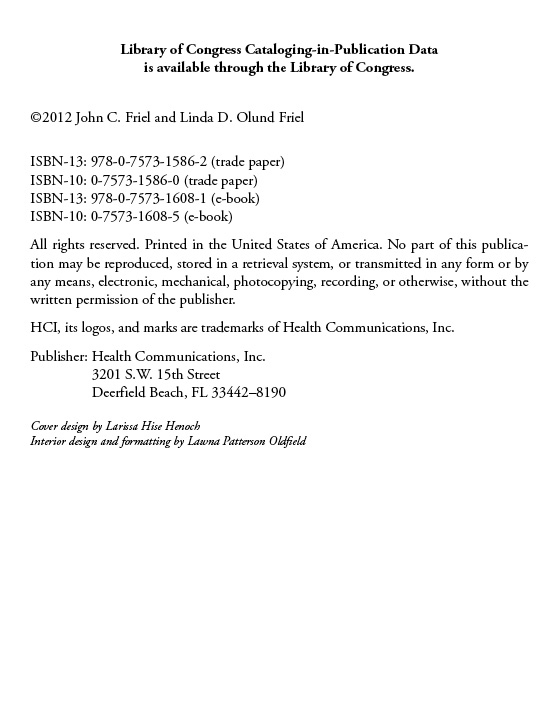John Friel Ph.D. - The Power and Grace Between Nasty or Nice: Replacing Entitlement, Narcissism, and Incivility with Knowledge, Caring, and Genuine Self-Esteem
Here you can read online John Friel Ph.D. - The Power and Grace Between Nasty or Nice: Replacing Entitlement, Narcissism, and Incivility with Knowledge, Caring, and Genuine Self-Esteem full text of the book (entire story) in english for free. Download pdf and epub, get meaning, cover and reviews about this ebook. year: 2012, publisher: HCI, genre: Home and family. Description of the work, (preface) as well as reviews are available. Best literature library LitArk.com created for fans of good reading and offers a wide selection of genres:
Romance novel
Science fiction
Adventure
Detective
Science
History
Home and family
Prose
Art
Politics
Computer
Non-fiction
Religion
Business
Children
Humor
Choose a favorite category and find really read worthwhile books. Enjoy immersion in the world of imagination, feel the emotions of the characters or learn something new for yourself, make an fascinating discovery.

- Book:The Power and Grace Between Nasty or Nice: Replacing Entitlement, Narcissism, and Incivility with Knowledge, Caring, and Genuine Self-Esteem
- Author:
- Publisher:HCI
- Genre:
- Year:2012
- Rating:3 / 5
- Favourites:Add to favourites
- Your mark:
The Power and Grace Between Nasty or Nice: Replacing Entitlement, Narcissism, and Incivility with Knowledge, Caring, and Genuine Self-Esteem: summary, description and annotation
We offer to read an annotation, description, summary or preface (depends on what the author of the book "The Power and Grace Between Nasty or Nice: Replacing Entitlement, Narcissism, and Incivility with Knowledge, Caring, and Genuine Self-Esteem" wrote himself). If you haven't found the necessary information about the book — write in the comments, we will try to find it.
Whether interacting in political arenas or playgrounds, corporations or classrooms, boardrooms or bedrooms, we as a nation have fueled an epidemic of bad behavior. From political correctness agendas to the faux self-esteem movement, from absent parents to helicopter parents, many adults developed extremely unhealthy ways of approaching the natural conflicts in our daily lives. With a distorted worldview thats black-and-white, all or nothing, too many people react in extremes--they either blow up or rage (the nasty bully) or let others walk all over them (the nice pushover).
In this illuminating book, the Friels explain that power without graciousness results in bullying and nastiness. Graciousness without power results in being a doormat. However, power tempered with graciousness elevates us beyond our purely animalistic selvesit produces competence, gratitude, humility, and effectiveness, attributes that are sorely lacking in todays world where entitlement, narcissism, and incivility reign supreme. By learning how to find and balance this power zone between victim and perpetrator, anyone can stop dysfunctional patterns of behavior and ignite positive change. In fact, the Friels show how even one very small change held firmly for six to twelve months can cause more system-wide change than anything else you can do. Over the past twenty-seven years, their Clearlife Clinic Program has helped more than 6,000 people identify and change ingrained patterns of behavior, beliefs, and feelings.
With case studies, pop-culture examples, and cutting-edge neuroscience, the Friels offer a captivating look at incivility, with a much-needed prescriptive plan to heal. This buzz-worthy book will surely have people wondering, In a nation thats too nasty and too nice, in which camp do I belong, and what am I going to do about it?
John Friel Ph.D.: author's other books
Who wrote The Power and Grace Between Nasty or Nice: Replacing Entitlement, Narcissism, and Incivility with Knowledge, Caring, and Genuine Self-Esteem? Find out the surname, the name of the author of the book and a list of all author's works by series.


